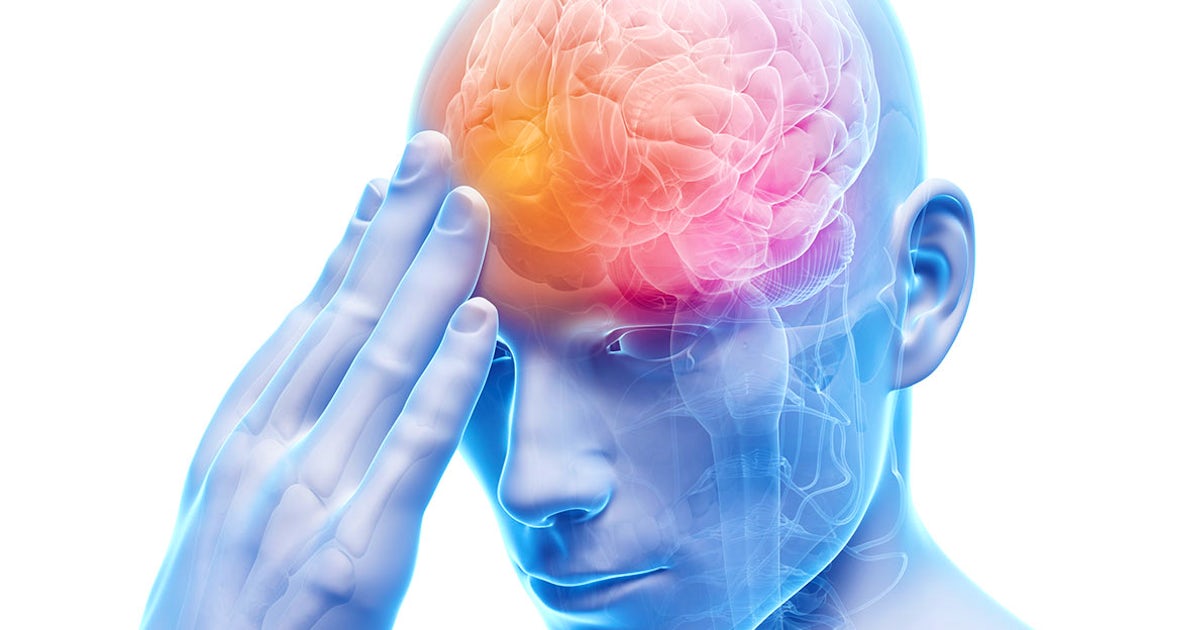What are Migraines and Do I have them?
According to the Mayo Clinic a migraine is a type of headache that can cause severe throbbing pain or a pulsing sensation, usually on just one side of the head. It's often accompanied by nausea, vomiting, and extreme sensitivity to light and sound. Migraine attacks can cause significant pain for hours to days and can be so severe that the pain is disabling. Warning symptoms known as aura may occur before or with the headache. These can include flashes of light, blind spots, or tingling on one side of the face or in your arm or leg.
Migraine headaches are diagnosed primarily by your symptoms, as well as by ruling out other possible causes for your headache. While 80-90 % of the population will experience a headache at some time in their life, only 20% or less of those headaches are true migraines. Migraines are more common in women than in men and may be hormonally driven, though they can be triggered by food and stress as well as by nerve imbalance in the neck and brain. Neuro-metabolic issues due to migraine triggers leave your brain in a high state of stress and imbalance. The results are a variety of symptoms that take their toll on your life including inability to focus, mood swings and throbbing pain.
What Is Causing My Pain and How Do I Stop It?
Migraines create a high stress state in your brain, which causes an increase in stimulating nerve response and a decrease in calming nerve response. Simply stated, this means that there is brain imbalance which can negatively impact normal production of brainwaves. If the stressful trigger of the migraine continues, the response becomes chronic. Once ongoing, it is harder and harder for your brain to re-regulate or normalize function.
Can Medication Help?
The standard care for migraines is medication. According to research studies, up to 84% of those taking migraine medications report being unsatisfied; stating they do not alleviate the pain. Medications offer temporary pain relief by blocking pain receptor sites, but do not address the brainwave imbalance which may be contributing to your pain. Medications offer short-term relief but are not a long-term solution as they do not correct the underlying problem and come with high risks and the potential for addiction.
So What Am I To Do?
If you suffer from migraine headaches it is critical that you get care from someone who can offer you real help, not just medications that cover up the symptoms. Figuring out the root cause can be tricky. Some people find they get significant relief with chiropractic care. Others need help to identify triggers, especially foods that are causing problems for them. If the migraines are hormonal, then in depth hormone testing and treatment to bring the hormones into balance, not just replacement therapy is necessary. Neurotransmitter testing can help by identifying imbalances and then using supplementation to support proper neurotransmitter production. Neurofeedback can retrain the brain to create new patterns and responses to incoming triggers and stressors. This new response improves brainwave activity and function. The result is a calmer, happier, healthier brain that has fewer symptoms and flare ups. Studies have shown more than a 54% rate of total cessation of pain and symptoms and 99% reported a decrease in pain and symptoms. When balance and function is restored, your outcomes are optimized and health improved.
What a Holistic Practitioner can do for you
By seeing someone who has a broad view of the body, they can help you formulate a plan based upon your root headache causes. The plan may include several different approaches to help you get the best result from your care.



